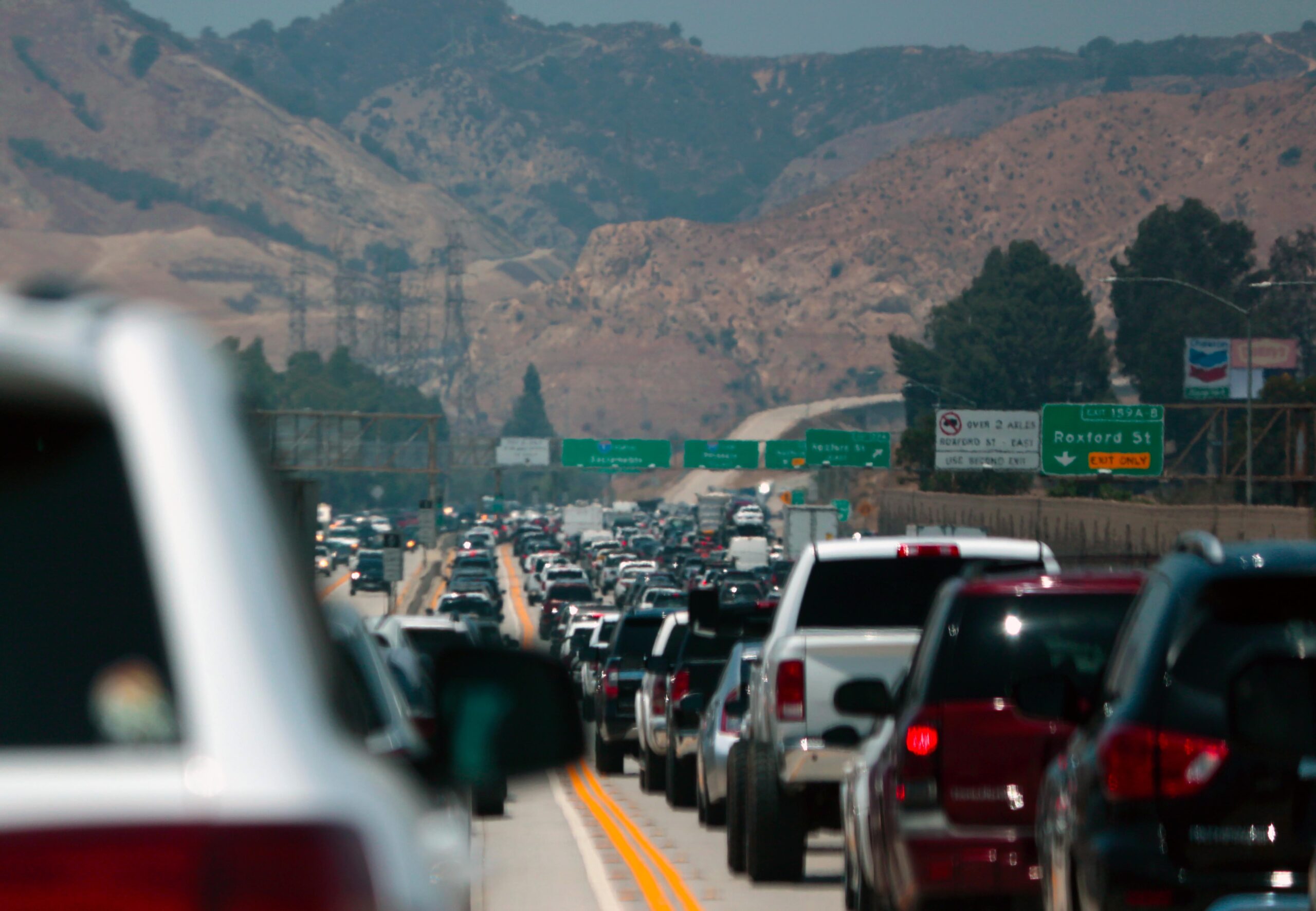
API challenges EPA on California’s Clean Cars II Rule
On August 25, 2022, the California Air Resources Board (CARB) approved the Advanced Clean Cars II regulation. The regulation is the most aggressive phase-out program for internal combustion engines in the United States, with 100% of new cars and light trucks sold in California required to be zero-emission by 2035. Beginning in 2026, sales of new zero-emission vehicles (ZEVs) and plug-in hybrid electric vehicles (PHEVs) must reach 35%, ramping up to 68% in 2030, before a total ban applies five years later.
The United States Environmental Protection Agency (EPA) is considering a request from the State of California for a Clean Air Act Waiver that would allow the adoption of the Advanced Clean Cars II regulation. Existing CARB standards are followed by 17 U.S. states and the District of Columbia, which accounts for 37% of new vehicle registrations. If approved, these states are most likely to adopt the revised policy.
On February 27, 2024, the American Petroleum Institute (API) submitted comments to the EPA, imploring that the environmental agency reject the CARB request. API represents all segments of America’s natural gas and oil industry and supports nearly 11 million U.S. jobs.
In a statement, Will Hupman, API vice president of Downstream Policy, stressed that “California’s outright ban on gasoline and diesel vehicles will restrict consumer choice, risk higher costs and force greater reliance on foreign supply chains.” The administration should be focused on advancing a broad range of solutions to reduce transportation emissions, he says.
API outlined several policy concerns and legal arguments relating to the request for a Clean Air Act Waiver. The trade association supports technology-neutral policies at the federal level and emphasised that vehicle greenhouse gas (GHG) regulations should be based on a technology-neutral assessment of lifecycle GHG emissions. In addition, infrastructure is not ready to meet the needs of the ACC II program, says API.
Other API concerns are that CARB’s ACC II program falls short of the need for reliable and affordable transportation options and consumer costs could increase while transportation tax revenue decreases. API also raised concerns about the reliability of critical mineral supply chains and its impact on national energy security.













